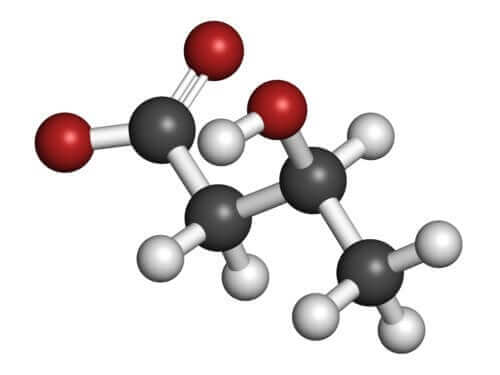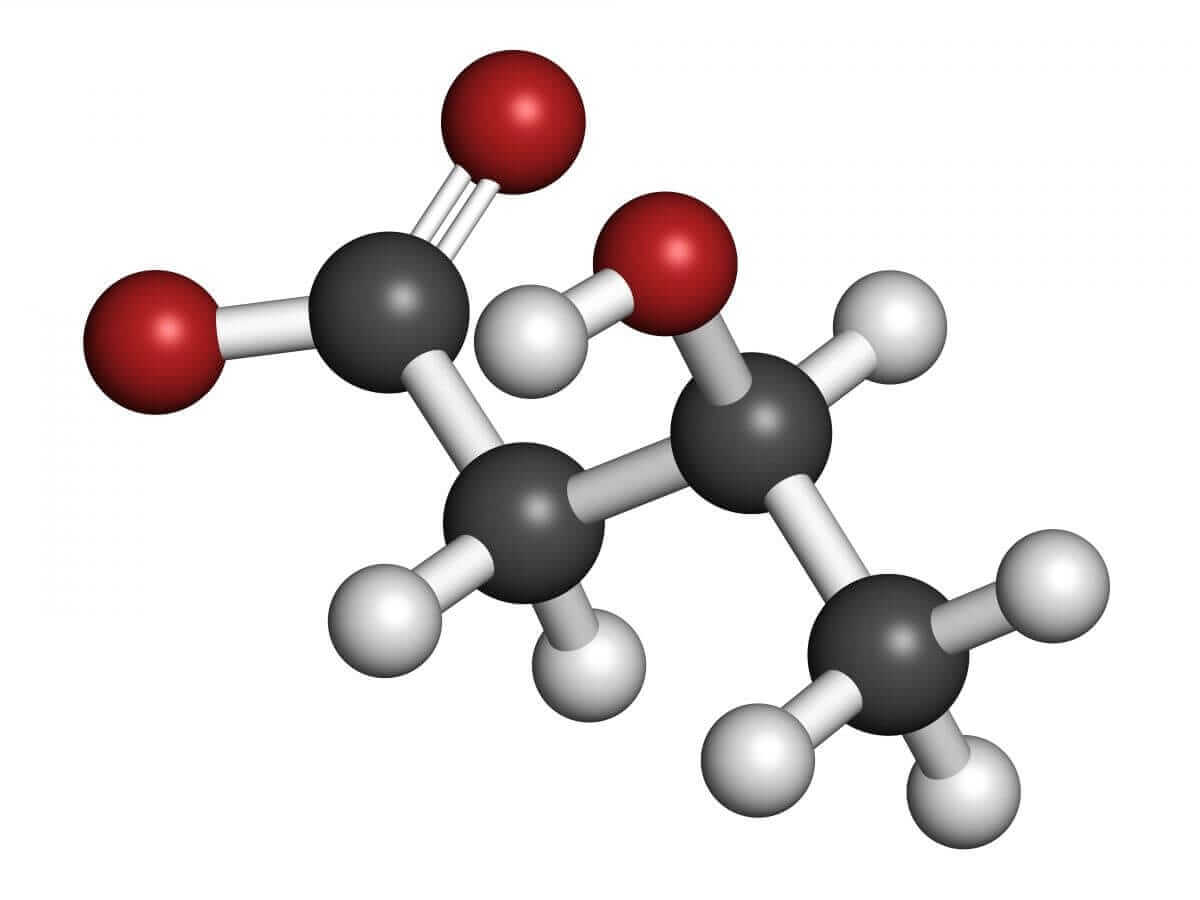Ketones and the ketogenic approach have become popular terms in medicine and health. Our poor metabolism, insulin dysfunction, glucose regulation issues, weight gain and obesity are clinical signs behind many of our current health problems. It has become an epidemic of sorts and really stems back to our chosen diet and lifestyle. Ketones and ketone bodies are valuable substances to our health and naturally produced by our bodies, but in many, their production is impaired. Through an understanding of what ketones do and how our body produces them, we can gain a better view on how ketones can directly impact our health, metabolism, energy, and even cognitive function.

Ketones are organic chemical compounds produced by our liver and directly used as an alternative energy source by our body and the cells within it. In most cases, ketones are produced by our body during times of starvation or fasting, but can be noted in other instances such as unregulated diabetes. In cases of diabetes, they are produced as an alternative fuel source for our cells as glucose or sugar regulation is impaired, but ketone levels can climb rather high and impact our health negatively. However, at lower levels, ketones have demonstrated marked health benefits, not just for energy and metabolism, but directly impacting our cognitive function and mental health.
Our body and the cells present within it require an energy source to function. This isn’t just ‘food’ as we know it, but the food we chose to eat serves as a medium to create internal energy sources for our cells. The main two energy sources that our cells utilize include:
- Glucose (sugar)
- Ketones (ketone bodies)
One of these two must be present and fully functional at a cellular level at all times, otherwise, our body and the cells present within it will fail to function properly and could result in cellular death. This includes all cells in our body from our immune response, to digestive health, cardiovascular system, skin, eye, and even brain health. Our cells are like small engines and if the proper fuel is not present, they will fail to start and perform their given task.
Sugar; The Main Problem
Our bodies prefer to use sugar or glucose as the primary energy fuel in the cell. The problem that is created by today’s lifestyle is the over consumption of refined carbohydrates and sugars, usually in their simple forms. This over consumption means there is a constant source of sugar or glucose going into our bodies, but this excess sugar consumption results in negative changes to our body, usually creating inflammatory events.
Insulin resistance and metabolic syndrome are often the end consequences of over consumption of simple sugars and refined carbohydrates. Despite having plenty of sugar going into the body, the negative impact on our body from this dietary lifestyle is a lack of proper insulin function, or insulin resistance. Insulin is a hormone produced by our pancreas which serves as a ‘key’ of sorts, helping the cells to use sugar or glucose. Inflammatory changes create a situation in which the insulin is not working properly, or is not being produced. One end result here is that despite the cells being surrounded by sugar or glucose, they are not able to use it for energy, and thus, they begin to fail and not work properly. This impacts every cell in our body, from our heart to our brain.
This one of the main problems behind our metabolic conditions, insulin dysfunction, cardiovascular complaints, cognitive decline, and likely our poor immune health.
This over consumption of refined carbohydrates and simple sugars also impairs our body’s ability to produce ketones!
Ketones and Ketone Bodies; Natural production and Purposes
Ketones and ketone bodies are produced by our liver in response to our diet and triglycerides, and come in three forms;
- Acetone
- Acetoacetate
- Beta-hydroxybutyrate (BHB)
Ketone bodies are produced by our liver generally in response to a period of starvation, fasting, or when conditions such as diabetes are present. The ketones are used by the cells in our body as an alternate fuel source, for when sugar or glucose is not present, or normal cellular function is impaired such as with metabolic issues or diabetes. Your liver produces them, they go into the blood stream, and cells throughout your body use them to jump start energy production.
In reality, our body should naturally undergo a period of fasting each day. This usually implies 12-14 hours in between our last meal of one day and the next meal the following day. During this time period, our body should be resting and not eating, thus a reduced intake of carbohydrates or sugars. As a result, our liver produces a low level of ketones which helps to maintain cellular function during the fast.
These ketone bodies serve not just as a fuel source, but based on research are proving to be a vital part of many cellular pathways, inflammation, digestion, and overall health. If your lifestyle and diet is not proper, your body may not be producing ketones. In fact, many people when tested have non-detectable levels or very low levels. This is concerning and should raise some eyebrows.
If your body is overloaded with sugars and your insulin is not working properly, then likely your ketone levels are low and with that, your cellular health is impaired on many levels!
Ketogenic Diet, Ketones, and Impact on Your Health
The ketogenic diet is likely something that you have heard of and is used by many to manage their body weight or a means for weight loss. While this is one possible benefit to the diet, the overall health benefits stretch much further!
The ketogenic diet is one which is a high fat, moderate protein, and a very low carbohydrate regimen. The reason for the benefits behind the diet are two-fold and include:
- Reduced consumption of high glycemic carbohydrates and sugars which fuel inflammation
- Increased production of ketones within the body
Now, if a person follows the ketogenic diet, the body should increase the production of ketones naturally because first, there is a reduced intake of sugar, and second, the higher fats will be used for ketone generation by the liver.
Unfortunately, most people find it hard to follow the ketogenic diet due to restrictions, and some, despite following the diet completely fail to produce internal ketones to the desired level of ‘nutritional ketosis’. This is where supplements can come into play to either add to the ketogenic diet or in some cases, replace the need for the ketogenic diet.
The goal of the ketogenic diet is to encourage internal ketone generation and also reduce the intake of refined carbohydrates and simple sugars. This is where the health benefits come into play. Ketones are naturally produced within the body via the liver, but they can be enhanced in their production by the diet and external or exogenous ketones. It is possible, based on research, to support natural ketone production through MCT oils and Exogenous Ketones, while reducing the intake of carbohydrates to an acceptable level, without going all out on the ketogenic diet.
Medium chain triglycerides (MCT) oils are specific fatty acids which are used by the liver when consumed, to produce ketones. MCT oils are saturated fats and come from a variety of food sources, including coconut oil, however, coconut oil by itself is not sufficient. It is best to combine MCT and Coconut oils in order to get the ideal ratio and spectrum of fatty acids. One formula that we use is the Cur-OST HU Keto Oils. MCT oils can be taken by themselves, mixed with a smoothie, or even added to coffee for an enhanced energy type of effect. They are generally safe and well tolerated, but in higher doses, they can cause digestive upset in some people.
Exogenous ketones, such as beta-hydroxybutyrate, are found in the ester or salt form and taken as a supplement. The ‘ester’ form is rather expensive and hard to find as it is patented. The ‘salt’ form is more common and the ketone body is attached to either magnesium, calcium, sodium, or potassium for increased stability and absorption. The ketone salts are taken daily, usually twice daily, and will quickly increase blood ketone levels due to no need for liver production. They are generally safe and well tolerated and heavily researched for efficacy in people when taken at the proper doses. One formula or ketone body that we use is the Cur-OST HU Keto BHB, which is pure beta-hydroxybutyrate coupled with magnesium.
In looking at research, I have become very intrigued with the data and case studies. Seeing as how we, as a society, have an epidemic of obesity and weight related issues, the use of MCT oils and ketone salts could prove very beneficial, helping to provide a new energy source for the body. Additionally, research is pointing towards marked benefits in cognitive and mental health, specifically looking at Alzheimer’s. The same benefits are also noted in cases of anxiety and depression. The reason for the benefits is the same as in a diabetic, insulin resistance at the level of the brain. The brain cells are potentially starving for a fuel source and thrive off of ketones. Thus, supplementation or generation of internal ketones has shown marked benefits to those patients. Additionally, there is interesting data regarding athletes and athletic performance, again providing the body with a new energy source which can increase stamina and recovery.
Ketone Bodies and Your Health
In looking at the research data being released over the past years, ketone bodies appear to have a tremendous impact on our health. Weight management is possible as for most, an excess body weight is linked with insulin dysfunction. In seeing this, through an improved metabolic state, weight loss is possible. Not only are they used for cellular energy but they can be viewed as signaling molecules for other pathways in our body. Given the work with aging and cognitive function, let alone indicators that ketone bodies impact inflammation in our bodies, MCT oils and exogenous ketone salts have become a part of my lifestyle, along with a healthy diet. The differences can be huge when applied properly and with understanding.
If you are experiencing metabolic related issues, mental health concerns, or even just fatigue, I would suggest looking into these little gems. They are not a ‘cure’ for any medical condition, but more so provide the cells with a new energy source. They can pack a real punch!
Author: Tom Schell, D.V.M, CVCH, CHN


